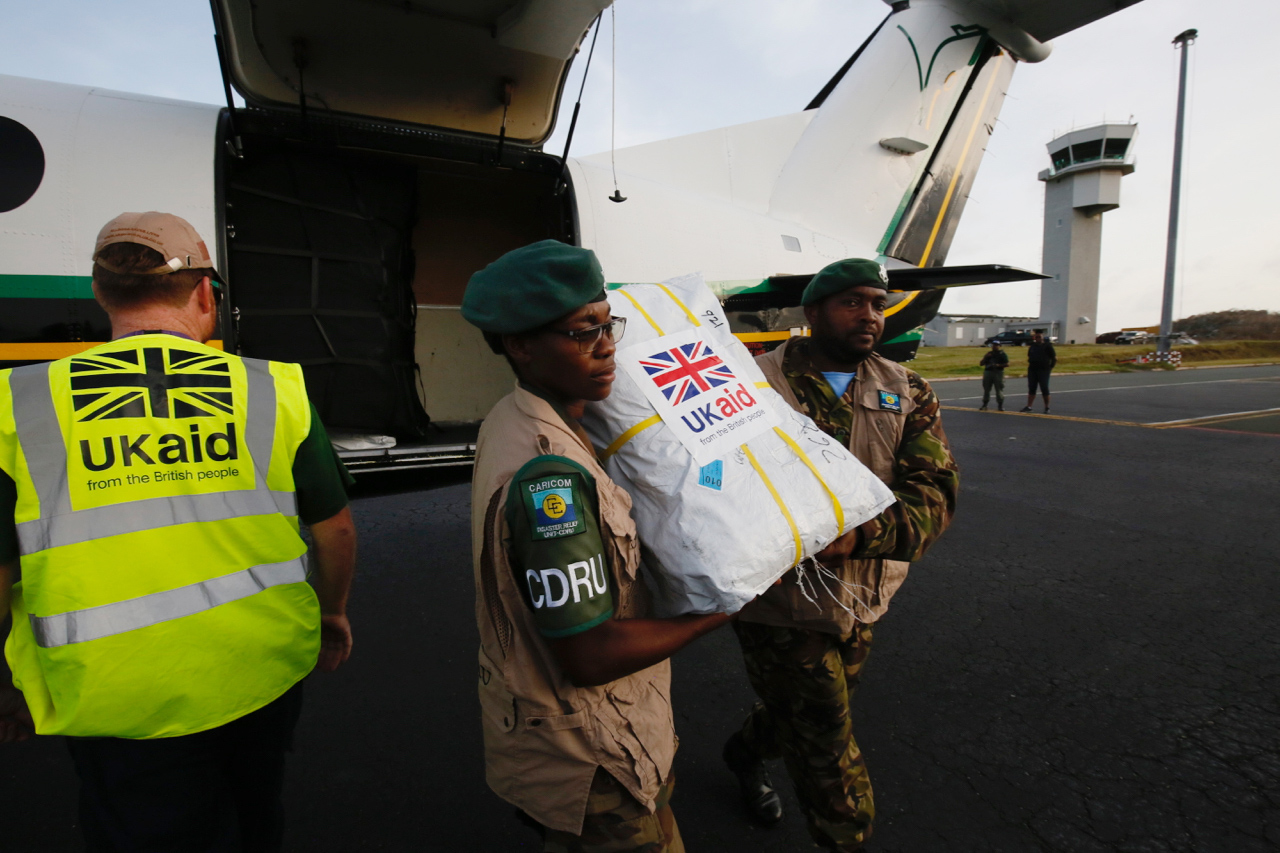UK development minister Andrew Mitchell has announced a white paper on a roadmap for the UK’s international development efforts to 2030. It’s a smart and generous act that he is seeking cross-party support and engagement as it is written, so that it is more likely to remain relevant through the decade ahead.
I have already suggested some of what I’d like to see in UK party political manifestos on the topic of global development, and while some of that is outside the remit of a paper that apparently won’t discuss overall funding levels or institutional arrangements, there’s still a lot left. It would be great if the White Paper: recommits the UK’s development finance to a focus on reducing the global burden of poverty, with spending concentrated in the world’s poorest countries; prioritizes Official Development Assistance (ODA) spend through multilateral channels and recipient-executed programs; and backs significant capital increases at the Multilateral Development Banks (MDBs). It would be powerful to see numerical targets attached to those goals, as it might be: at least 60 percent of UK ODA will flow through recipient-executed projects and programs; at least 50 percent of UK recipient-allocable bilateral ODA will be allocated to the world’s low-income countries; and the UK will back expansion of the MDB system to provide $260 billion in additional annual official external financing by 2030, including $60 billion additional concessional lending.
As part of emphasizing the need for this public finance, the White Paper could embrace the new realism of the recent Paris Summit on the role of the private sector in development financing. The ‘Billions to Trillions’ slogan has been a counterproductive distraction from the fact that the vast majority of finance for infrastructure, health and education comes from the public sector. Even a one-to-one ratio of public international finance to private finance, as suggested in the Paris Declaration, will be a stretch to achieve from where we are, but at least it is in the realm of the plausible.
The White Paper could also back a reform agenda for international financial institutions, to make them more suited to a world where development challenges are increasingly about global issues for which recipient countries bear little responsibility: climate, interest rate shocks, pandemics, global inflation. This change suggests the need for a less paternalistic model with limits on the bureaucracy and conditionality which makes borrowing unattractive: eight year project cycles, onerous safeguards procedures and so on. This agenda is particularly important if we want countries to borrow to finance global public good provision.
On climate, the poorest countries are the least responsible for the problem, are already suffering the most from its effects, and can least afford the costs of adaptation. It is a global moral imperative that poor people don’t pay twice: in the form of crop losses, floods and heatwaves and then again by way of scarce development resources being redirected to mitigation projects in richer countries where they are more cost-effective. It would be a powerful statement if the White Paper could clarify that the UK will not divert finance from the poorest countries to meet its climate finance commitments, that adaptation in those countries is the priority, and that it will use its voice and its vote in multilateral institutions to back the same prioritization.
In addition, the White Paper might commit the UK to a reform effort around measuring (and delivering) climate finance. The OECD method of counting climate finance doesn’t even attempt to measure whether finance is ‘new and additional’, and has threadbare standards for what counts as ‘climate finance.’ On the quality of that finance, the UK should probably oppose directing additional concessional development finance or grants to climate mitigation until such time as the existing climate funds demonstrate they can cost-effectively use the resources to deliver climate and development outcomes.
Beyond aid and finance, I hope the White Paper will make strong commitments on trade (including restricting arms flows to countries that practice widespread human rights abuses); investment (including commitment to tax cooperation under the auspices of the UN and limiting the impact of the Financial Action Task Force on access to banking services in developing countries); gender (including legislation to combat gender apartheid globally); and global health (including strengthening the WHO and international agreements on antibiotic use). And on the movement of people, Andrew Mitchell has previously suggested one mechanism to guarantee a migration triple win for the UK, developing countries and the people moving: tying training for health professionals in sending countries with NHS recruitment of staff from those countries. Ramping up both multilateral and bilateral support for large-scale health skills partnerships on that model, alongside ones for green skills, would be a major force for global sustainable development.
The White Paper presents the opportunity for the UK to start rebuilding its reputation as a reliable and effective development partner after a period of utter chaos. I hope it succeeds.
CGD blog posts reflect the views of the authors, drawing on prior research and experience in their areas of expertise.
CGD is a nonpartisan, independent organization and does not take institutional positions.







